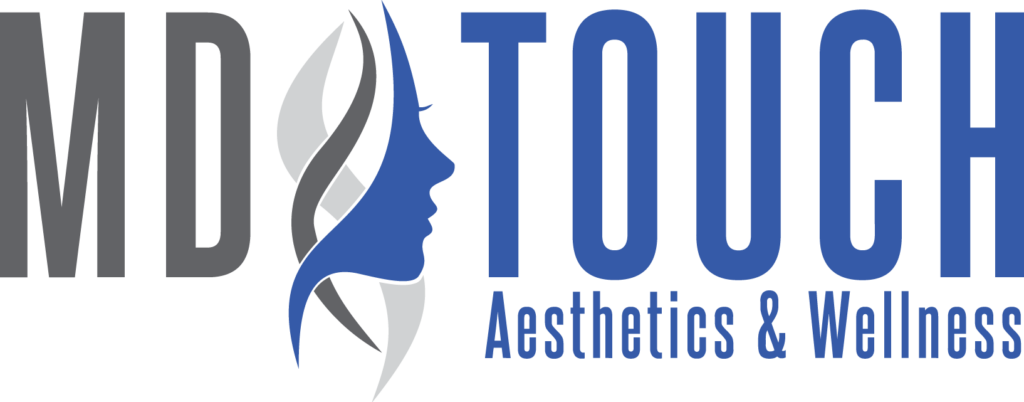- Mon - Fri: 8:30 AM - 5:00 PM
- (954) 960-6321
- 8884 Royal Palm Blvd, Coral Springs, FL 33065
Understanding Hormone Depletion Symptoms in Males

Hormones play a crucial role in regulating various functions in the male body, including growth, metabolism, mood, and sexual function. As men age, hormone levels, particularly testosterone, naturally decline. This process, often referred to as andropause or male menopause, can lead to a range of symptoms. Recognizing and addressing these symptoms is essential for maintaining overall health and quality of life.
Common Symptoms of Hormone Depletion in Males
Fatigue and Low Energy
Description: Men experiencing hormone depletion often report feeling unusually tired and lacking energy, even after a full night’s sleep.
Impact: This can affect daily activities, work performance, and overall motivation.
Decreased Libido and Sexual Dysfunction
Description: Reduced levels of testosterone can lead to a decreased interest in sex and difficulties with sexual performance, including erectile dysfunction.
Impact: These issues can affect intimate relationships and contribute to emotional distress.
Mood Changes and Depression
Description: Hormone imbalances can lead to mood swings, irritability, and a general sense of sadness or depression.
Impact: Mental health can significantly impact overall well-being and relationships.
Muscle Mass Loss and Increased Body Fat
Description: Lower testosterone levels can cause a decrease in muscle mass and strength, accompanied by an increase in body fat, particularly around the abdomen.
Impact: This can affect physical appearance, self-esteem, and physical health.
Bone Density Reduction
Description: Hormone depletion can lead to a decrease in bone density, increasing the risk of osteoporosis and fractures.
Impact: Weakened bones can lead to serious health complications and mobility issues.
Cognitive Decline
Description: Men with lower hormone levels may experience difficulty concentrating, memory lapses, and a decline in cognitive functions.
Impact: Cognitive decline can affect job performance, daily tasks, and overall quality of life.
Sleep Disturbances
Description: Hormone imbalances can disrupt sleep patterns, leading to insomnia or poor-quality sleep.
Impact: Poor sleep can exacerbate other symptoms like fatigue, mood changes, and cognitive decline.
Reduced Physical Performance and Endurance
Description: Men may notice a decline in their physical abilities, including reduced strength, stamina, and overall endurance.
Impact: This can hinder the ability to engage in physical activities and enjoy an active lifestyle.
Managing Hormone Depletion Symptoms
Addressing hormone depletion involves a multifaceted approach that includes lifestyle changes, medical interventions, and natural remedies. Here are some strategies to manage and mitigate symptoms:
Healthy Diet and Nutrition
Recommendation: Consume a balanced diet rich in lean proteins, healthy fats, whole grains, and a variety of fruits and vegetables. Nutrients such as zinc, magnesium, and vitamin D are particularly important for hormone health.
Impact: Proper nutrition supports overall health, helps maintain energy levels, and can positively affect hormone balance.
Regular Exercise
Recommendation: Incorporate both strength training and cardiovascular exercises into your routine. Exercise can help maintain muscle mass, reduce body fat, and improve mood.
Impact: Physical activity promotes overall well-being and can help mitigate many symptoms of hormone depletion.
Adequate Sleep
Recommendation: Aim for 7-9 hours of quality sleep each night. Establish a regular sleep routine and create a conducive sleep environment.
Impact: Quality sleep is essential for hormone regulation and overall health.
Stress Management
Recommendation: Practice stress-reducing activities such as meditation, yoga, deep breathing exercises, or hobbies you enjoy.
Impact: Reducing stress can help balance hormone levels and improve mood.
Medical Interventions
Recommendation: Consult with a healthcare provider to discuss potential treatments such as hormone replacement therapy (HRT). HRT can be effective in alleviating many symptoms associated with hormone depletion.
Impact: Medical interventions should be tailored to individual needs and monitored by a professional to ensure safety and effectiveness.
Supplements and Natural Remedies
Recommendation: Consider supplements like omega-3 fatty acids, vitamin D, and herbs such as ashwagandha and ginseng, which are known to support hormone health.
Impact: Natural remedies can complement other treatments and lifestyle changes, but it’s important to consult a healthcare provider before starting any new supplement regimen.
Hormone depletion is a natural part of aging for men, but its symptoms can significantly impact quality of life. By understanding these symptoms and adopting a proactive approach to management, men can maintain their health, vitality, and well-being. Regular check-ups with healthcare professionals are essential to monitor hormone levels and adjust treatments as necessary. Remember, addressing hormone depletion is not just about managing symptoms—it’s about living a healthier, more fulfilling life.





